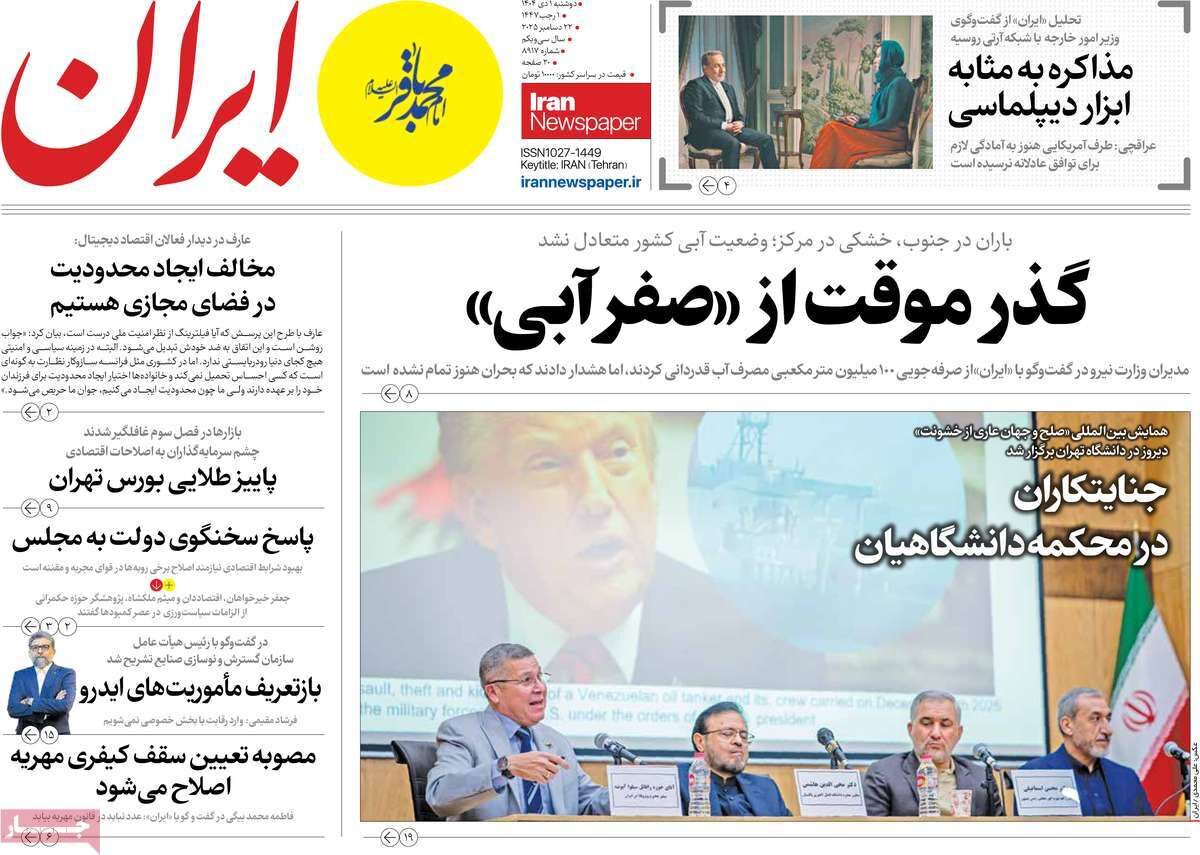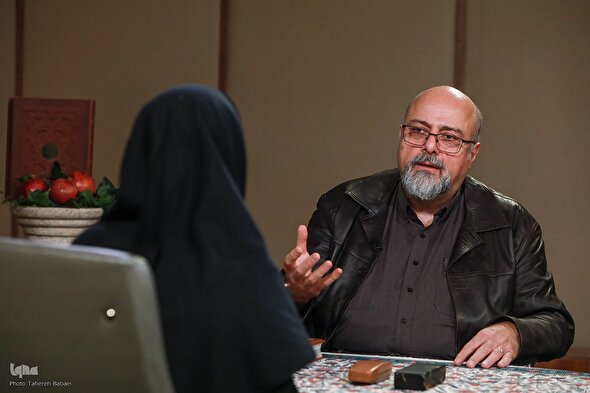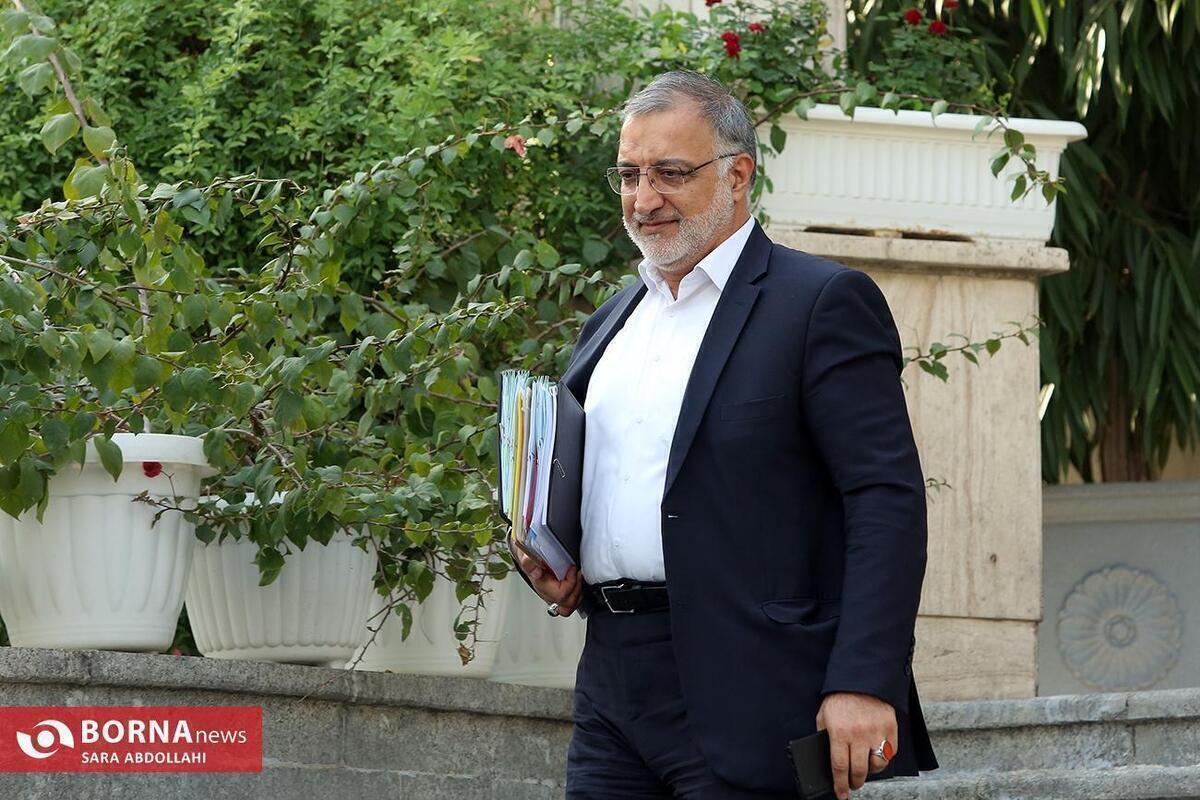'Wages not weapons': As UK defence spending soars, the labour movement takes a stand
'Wages not weapons': As UK defence spending soars, the labour movement takes a stand

It cannot honestly be said that the UK Trades Union Congress (TUC) annual conference usually provides much of interest, let alone much political excitement. Largely attended by trade union officials, it regularly adopts motions that are moderate in tone and limited in real-world impact.
This month’s gathering in Brighton was different. Delegates met against the backdrop of a global mass movement opposing Israel’s ethnic cleansing of Palestine, and the wholesale commitment of European heads of government - none more so than British Prime Minister Keir Starmer - to a rearmament programme greater than anything we have seen since World War Two.
TUC policy over the past year has provided whole-hearted support for increased arms spending, apparently accepting at face value Starmer’s “military Keynesian” argument that defence spending would create jobs.
Many in the trade union movement have been deeply disturbed by these developments and recently united to launch a “wages not weapons” campaign with a hard-hitting video.
The debate on the conference floor was hard fought. Jo Grady, who leads the University and College Union, told delegates: “We are living in a country where thousands live on the streets, millions of kids go to school hungry, we have a mental health crisis, but we do have billions for defence.” She added that Britain’s arms companies sell weapons that are “raining down hell on earth” on some of the world’s most vulnerable people.
Alex Gordon, speaking on behalf of the National Union of Rail, Maritime and Transport Workers, said the ramping up of military spending represented a “smash and grab” on public-sector jobs and wages: “As [US President] Donald Trump has made abundantly clear, the jobs and profits from military spending in the UK will flow across the Atlantic [to buy American arms].”
Another speaker, Tony Kearns of the Communication Workers Union, compared the government’s £58bn ($79bn) military budget to the £11.3 billion spent on climate change mitigation, and noted: “There is an alternative.”
Setting worker against worker
A particularly important aspect of this debate was the fact that a majority of delegates ultimately rejected the view that defence spending would create large numbers of jobs.
In fact, any boost of jobs would be minimal and far less than if similar sums were invested elsewhere. According to ADS, the trade organisation representing the aerospace, defence and space industries, raising military spending to 3 percent of GDP (an increase of around £17bn) by 2035 would add approximately 50,000 jobs to the sector, which already employs more than 180,000 people.
The governments of Europe have made their choice: they are already spending billions on the greatest rearmament programme of the modern era
“That’s £346,000 per job,” noted an article posted by the UK Campaign for Nuclear Disarmament. “Obviously, people aren’t getting paid such huge salaries.”
In contrast, the article noted, Transport for London procurement between 2023 and 2024 led to the creation of 50,750 direct jobs, at a cost of just £5.95 billion - a third of the rise in arms spending.
Representatives of the GMB general trade union, speaking in favour of arms spending, called on delegates not to “set worker against worker” - apparently failing to see that arms production is the most deadly way in which to set worker against worker.
In the end, the TUC adopted the “wages not weapons” motion, which explicitly denotes Palestine solidarity - thus opening the path for union members and antiwar activists to organise more effective trade union support for the Palestinian movement and the wider antiwar cause.
Rallying against war
One such opportunity is the international antiwar conference due to take place in Paris next month. French labour unions have never previously officially and financially backed a conference like this before. But the threat of rearmament has meant they are now backing this conference, expected to be a 4,000-strong gathering.
In response to the Trump-mandated European rearmament programme, activists and politicians, including MPs from Jean-Luc Melenchon’s France Unbowed, are organising the conference. It comes after hundreds of activists across the continent signed a statement calling for halting the militarisation of Europe, and to use those resources to rebuild crumbling infrastructure and reverse the welfare cuts that have affected all citizens.
Those expected to be in attendance include French MPs Jerome Legarve, Thomas Portes, Daniele Obono and Sophia Chikirou; UK MP Zarah Sultana; Jose Nivoi, one of the dockworkers of Genoa who helped to disrupt arms shipments to Israel; and Lorena Delgado Varas, the Swedish MP who was expelled from the Left Party for her stance against the war and genocide. Speakers from Russia and Ukraine will add to the anti-war chorus.
The aim is to restart the Europe-wide social movement that galvanised opposition to neoliberalism and the Iraq War in the early 2000s.
The governments of Europe have made their choice: they are already spending billions on the greatest rearmament programme of the modern era, and they are raiding welfare budgets and impoverishing working people across the continent to pay for it.
In response, many trade unionists and activists across Europe have made a different choice. They have decided it is time to restructure our economy for welfare, not warfare - and to strike the weapons of war from the hands of our rulers.
The views expressed in this article belong to the author and do not necessarily reflect the editorial policy of Middle East Eye.












